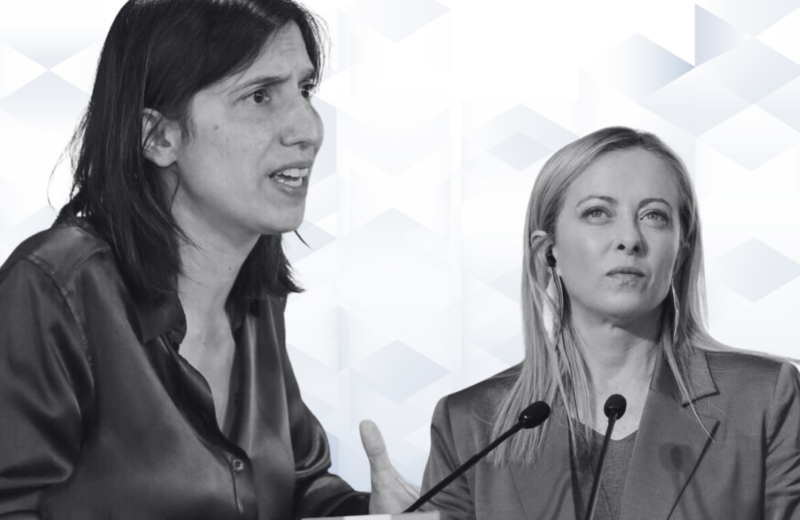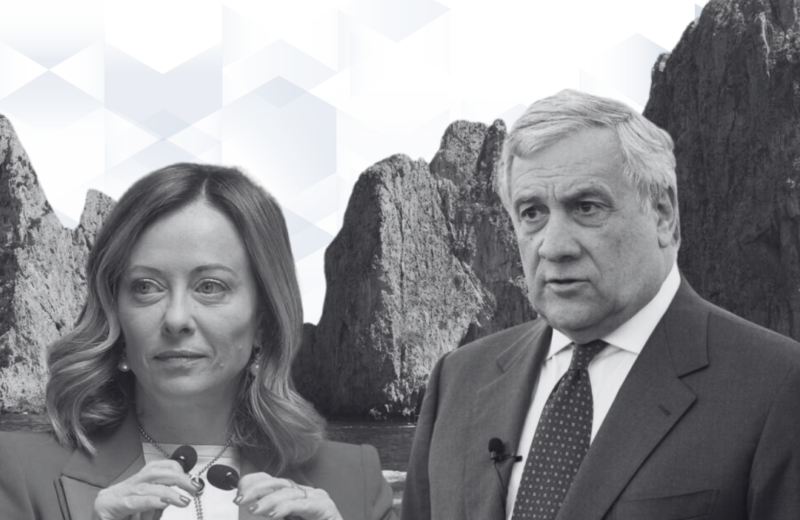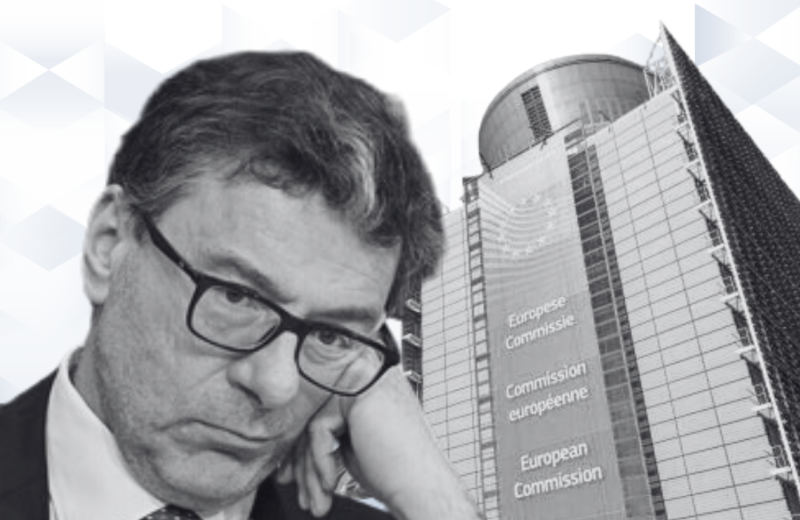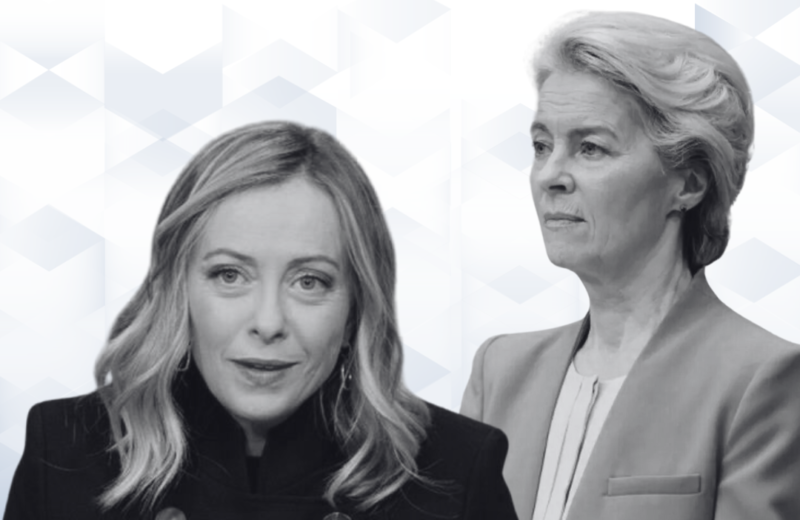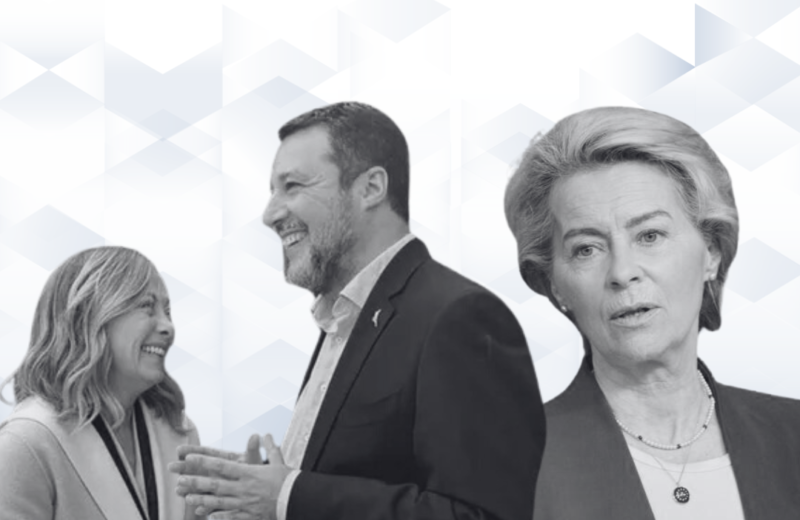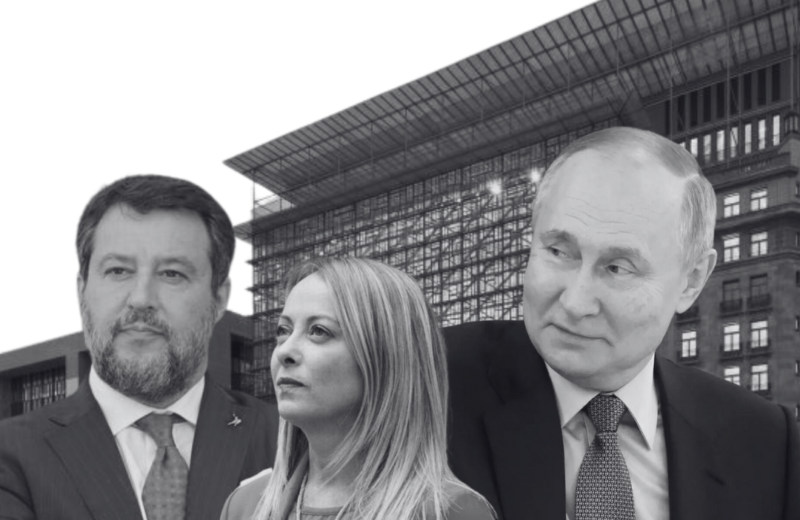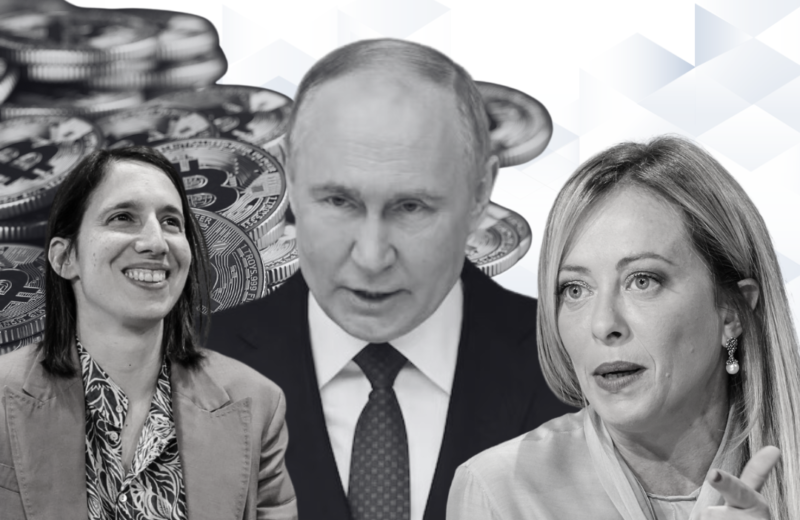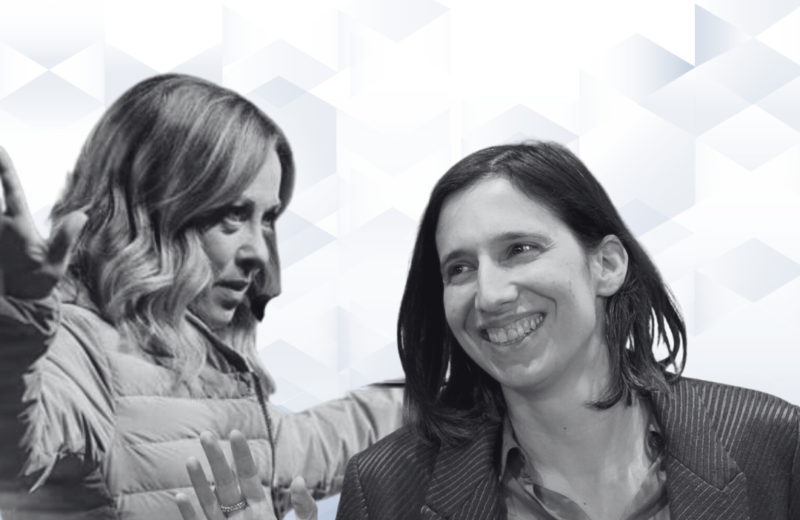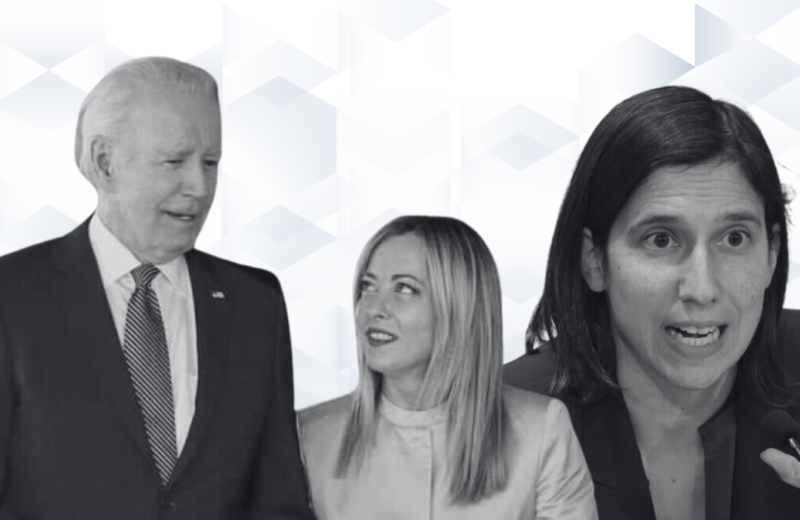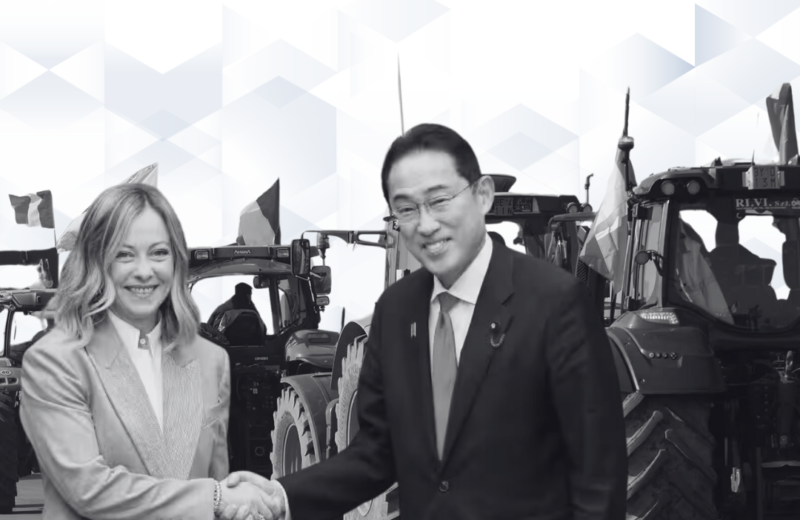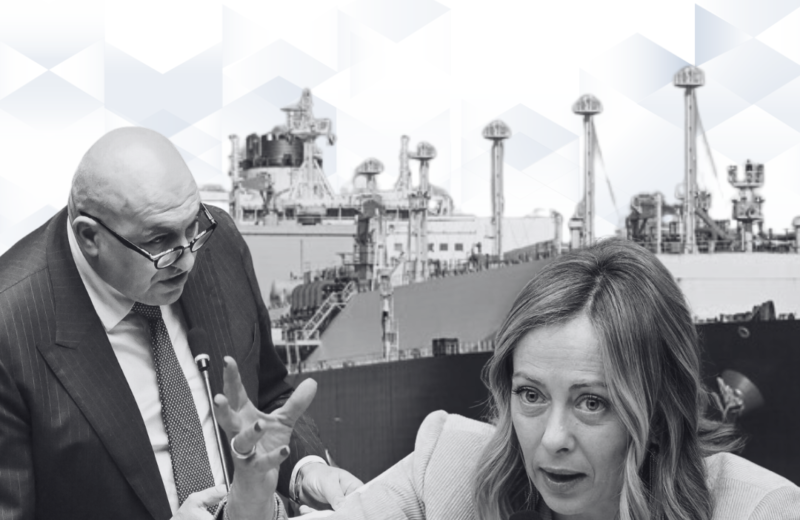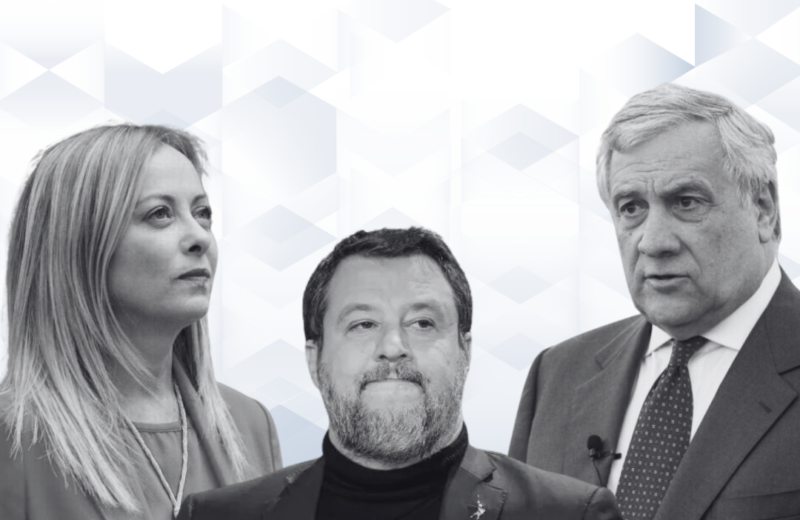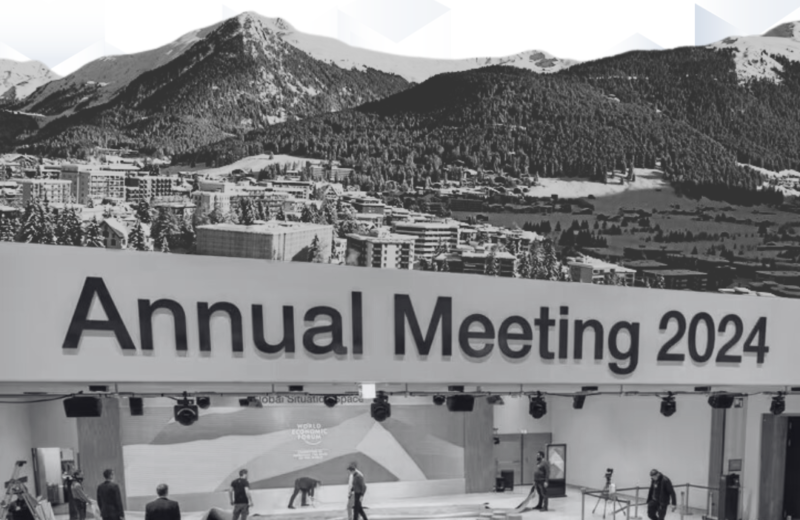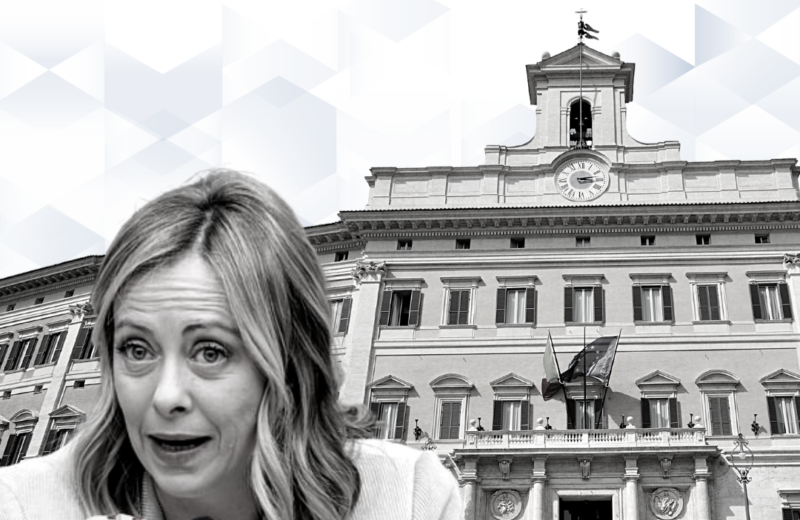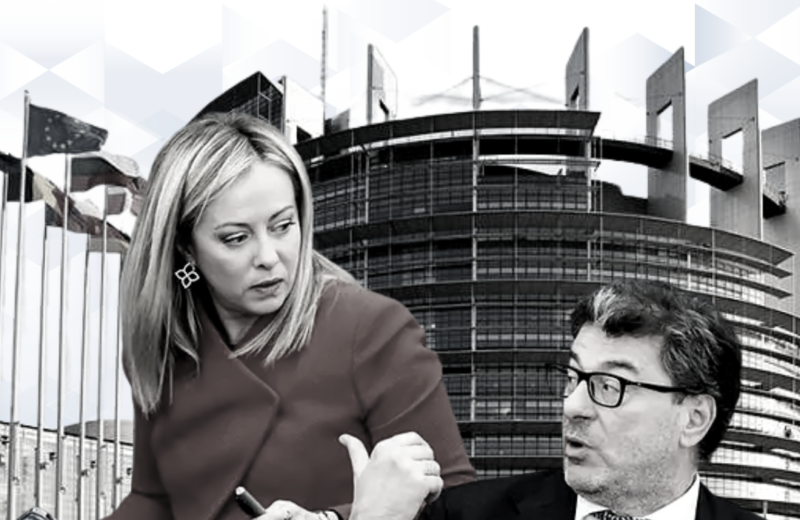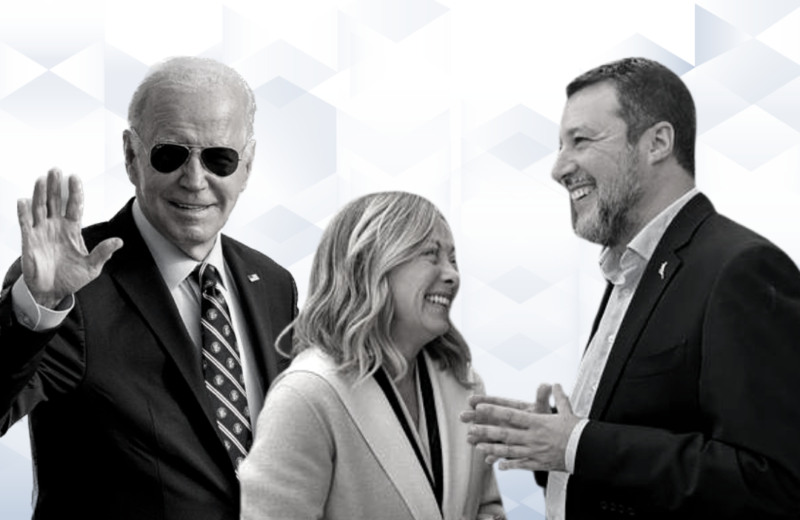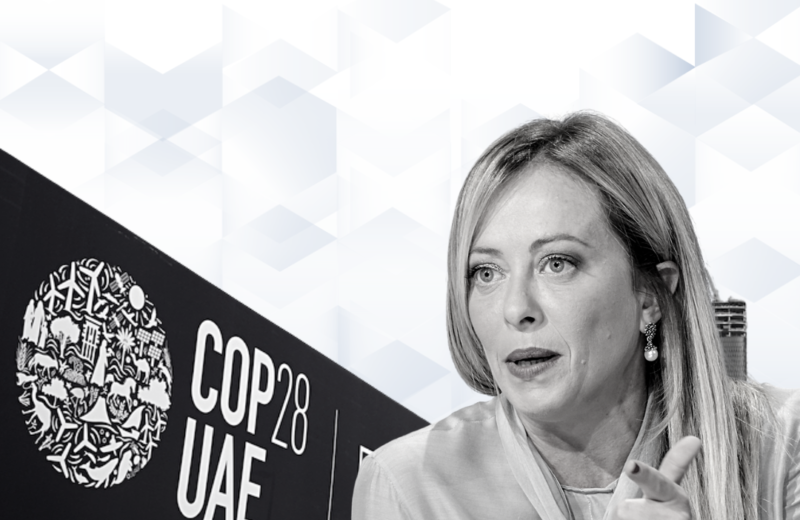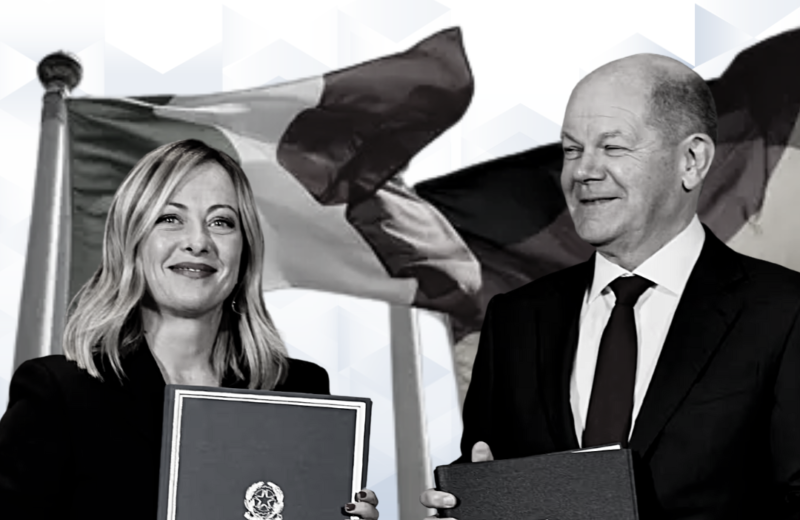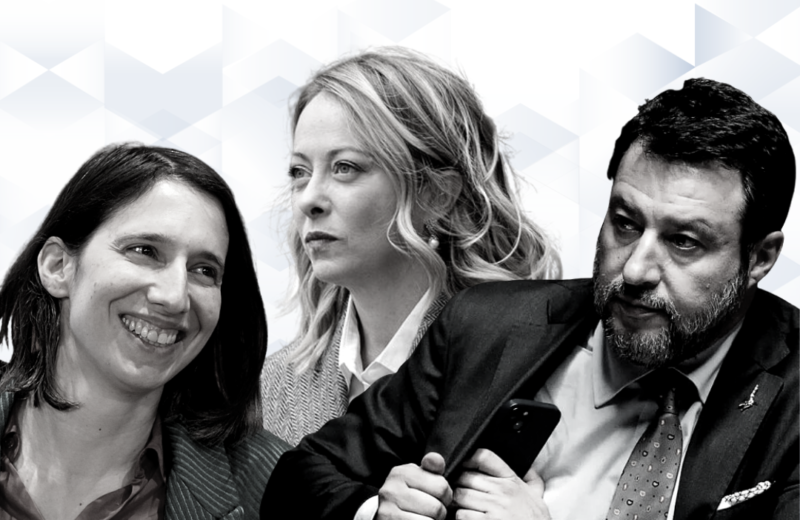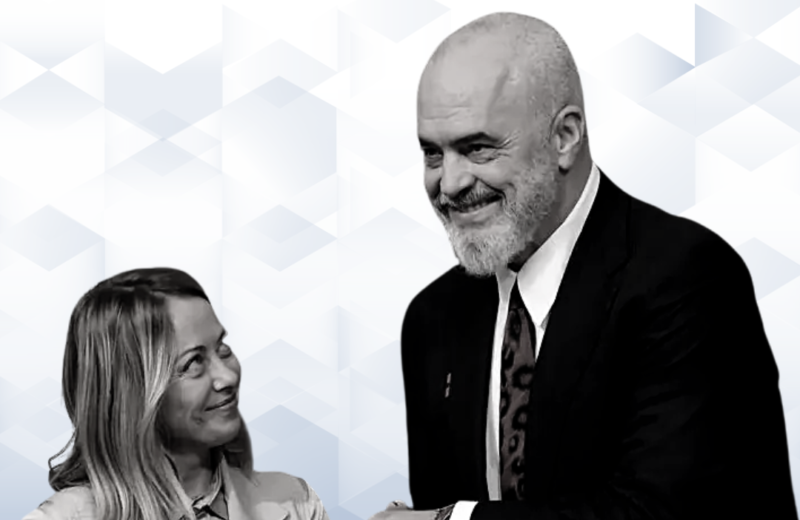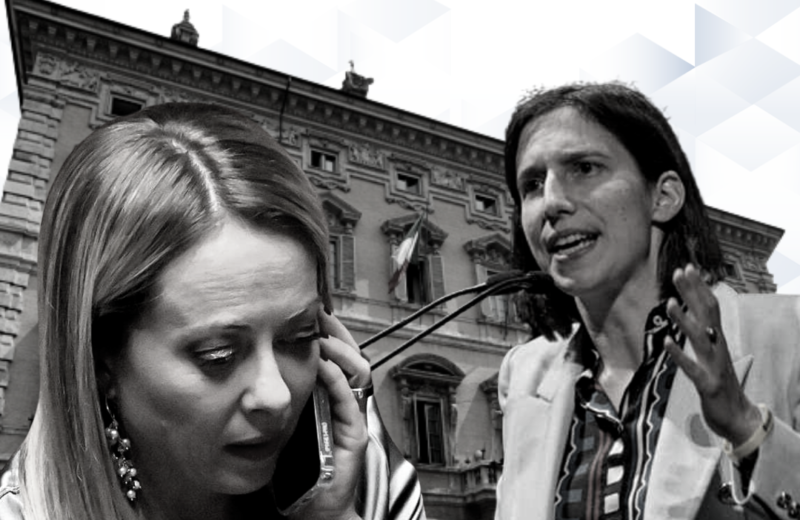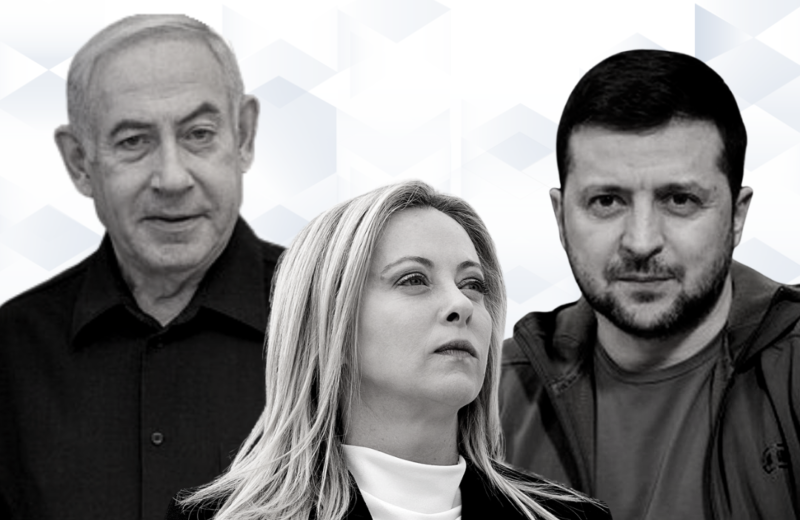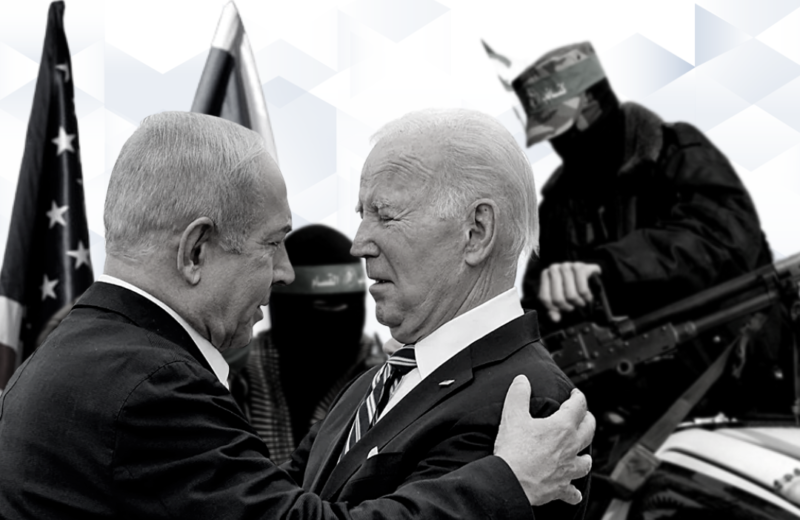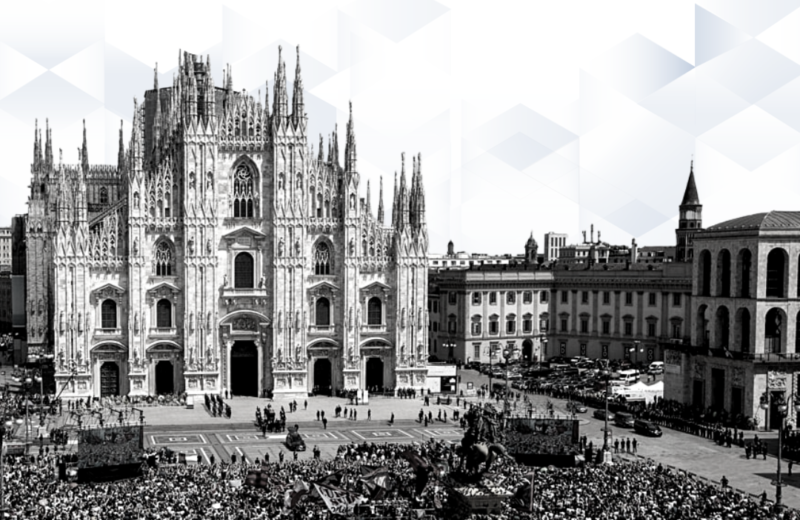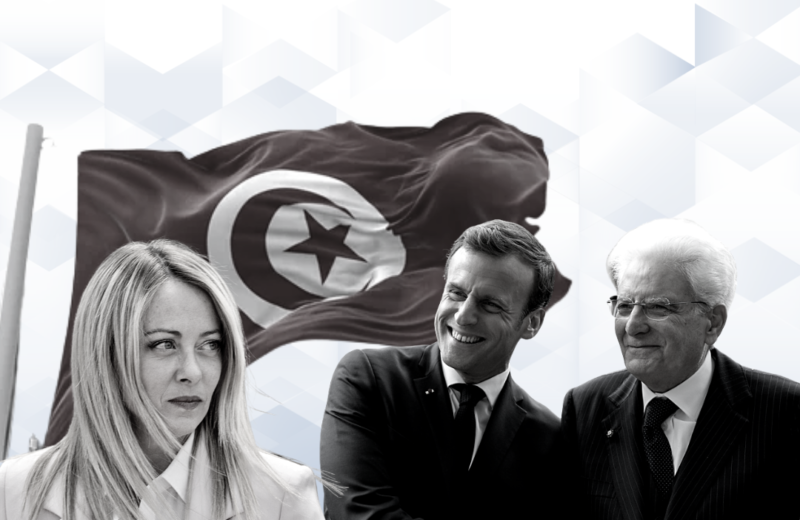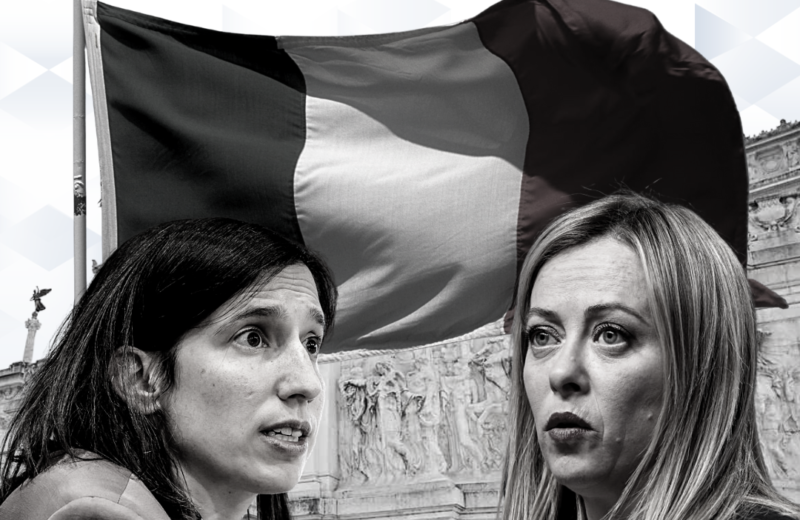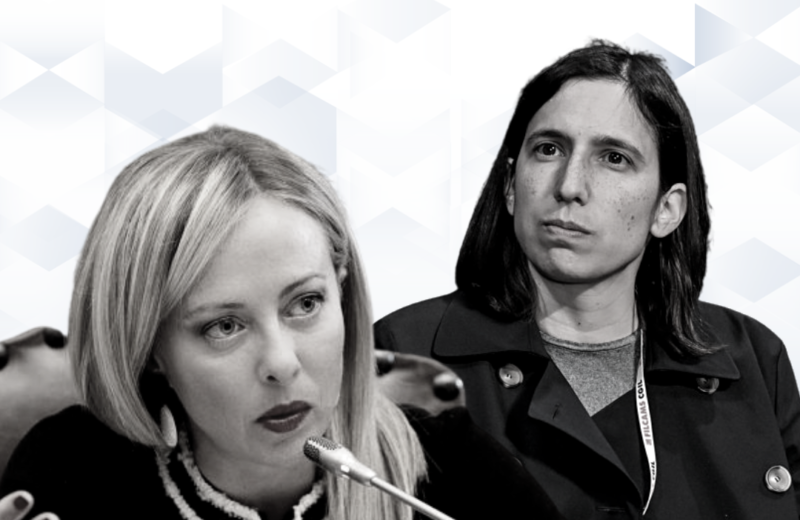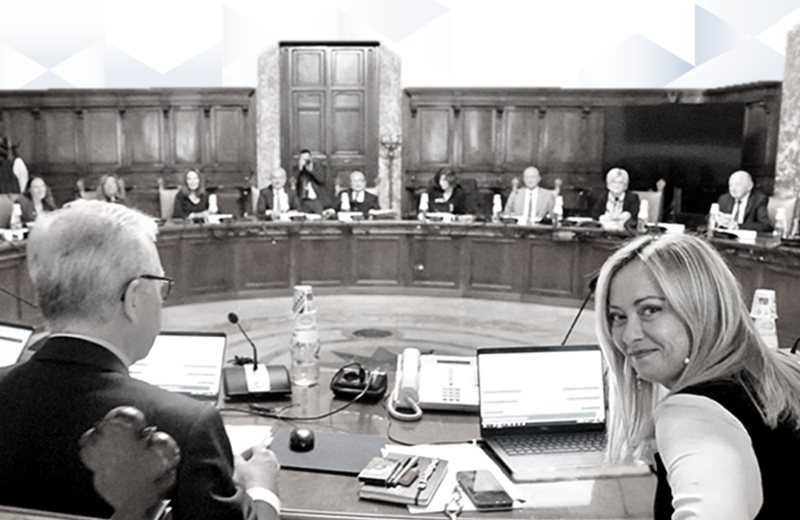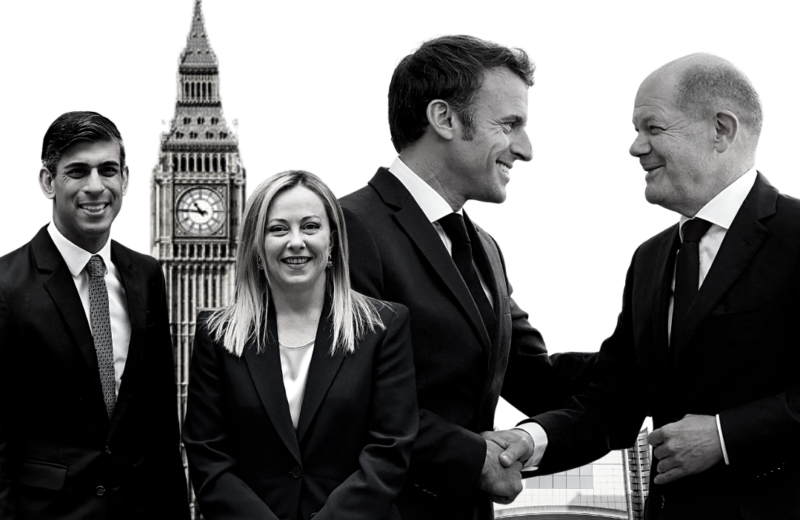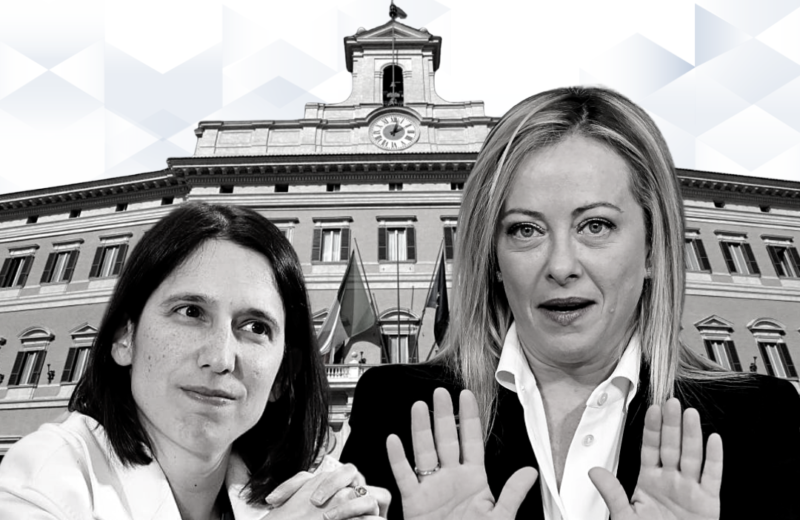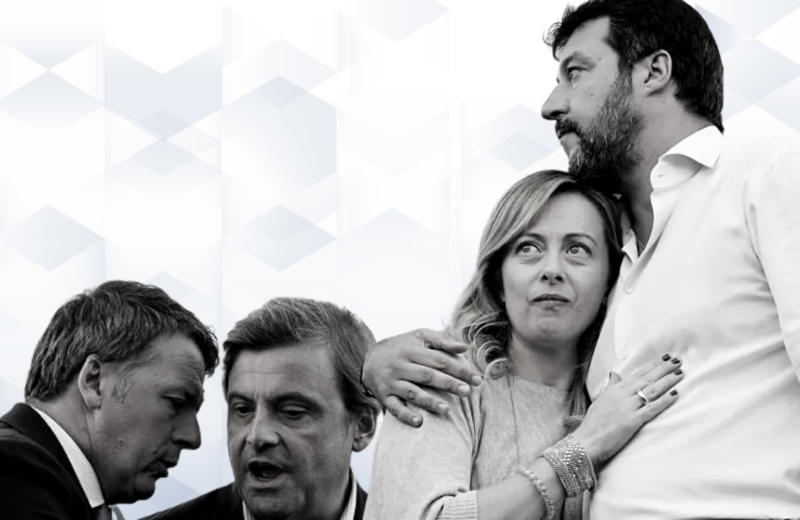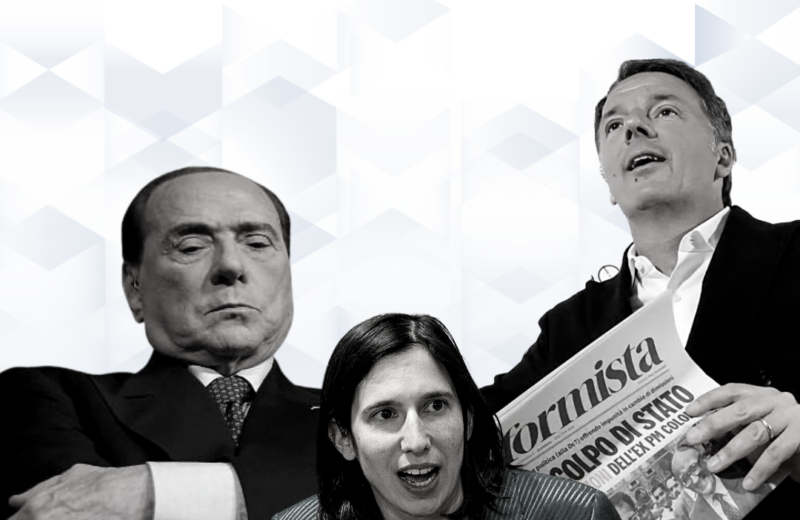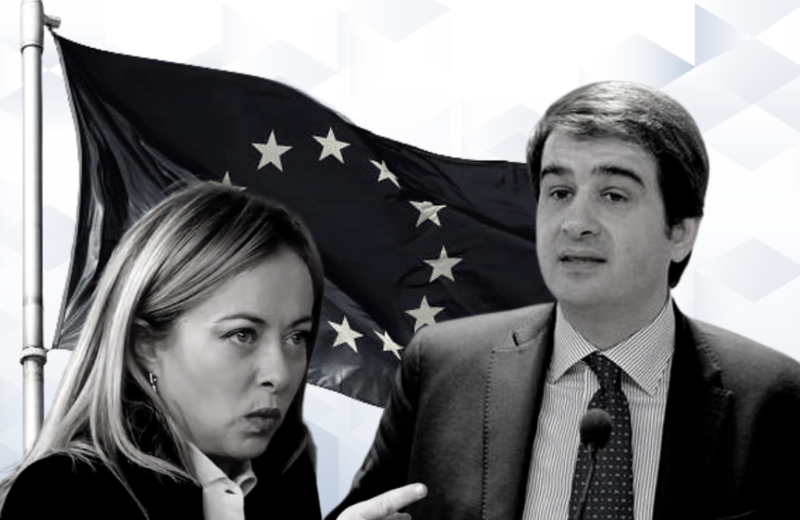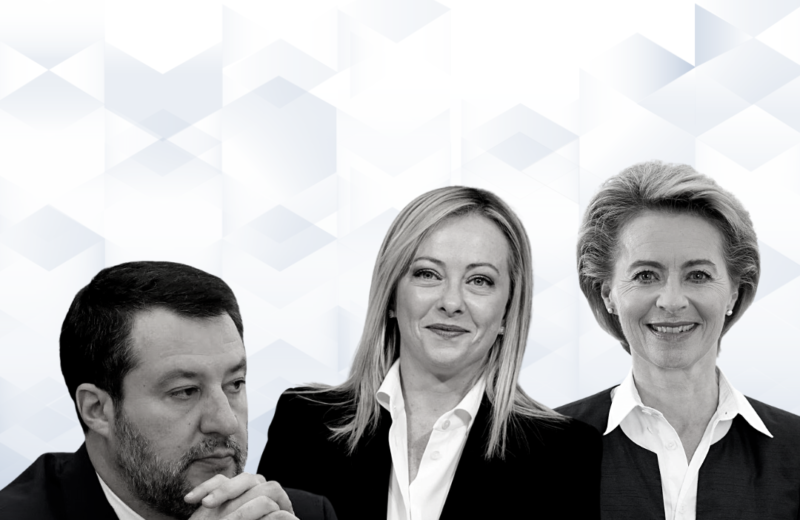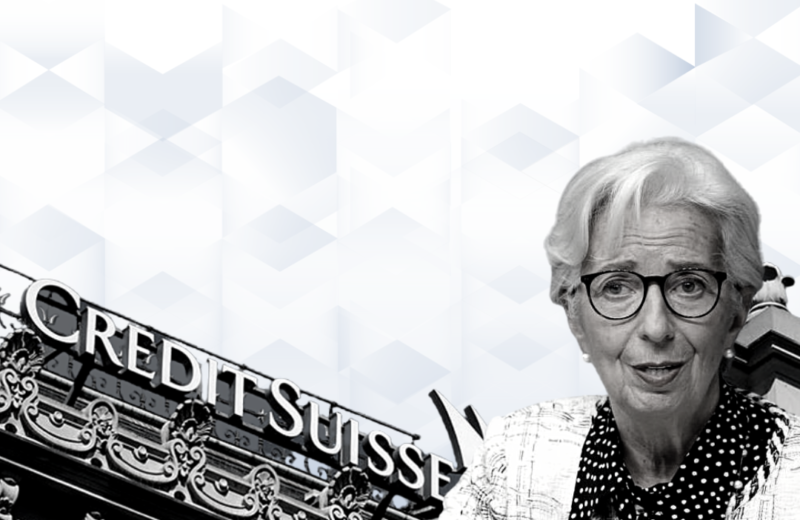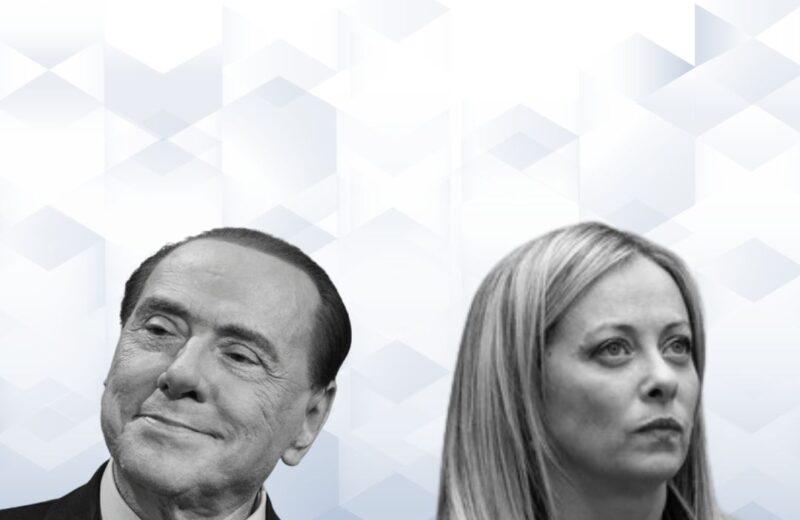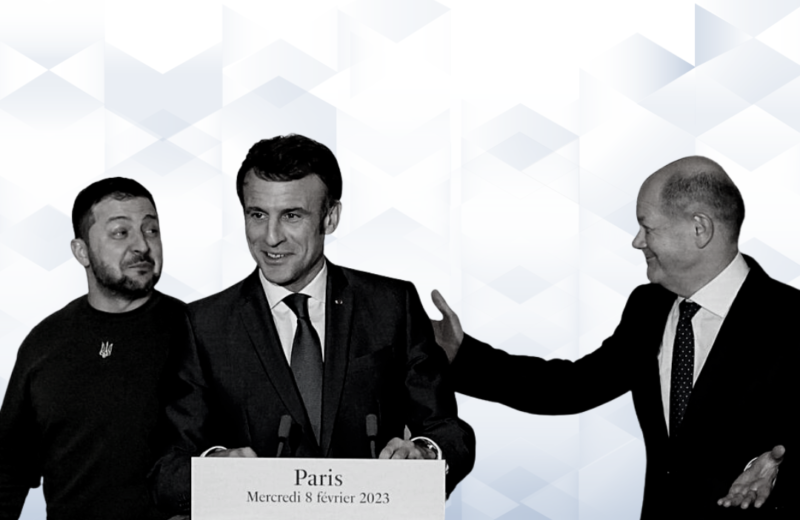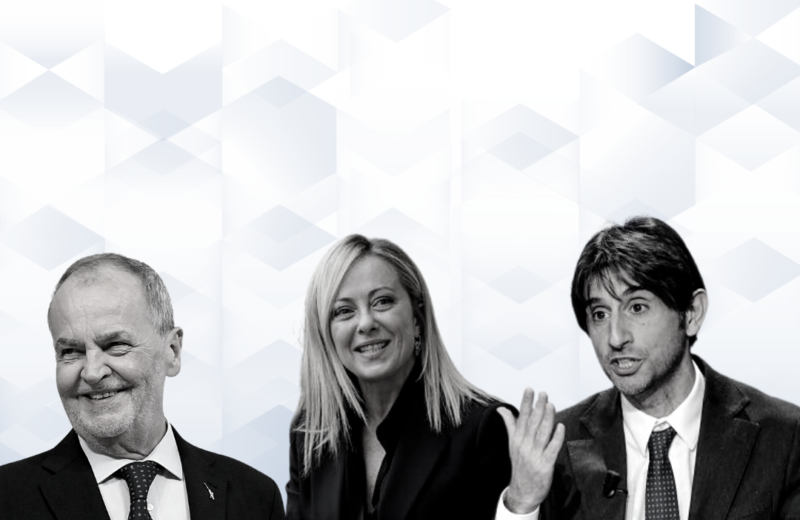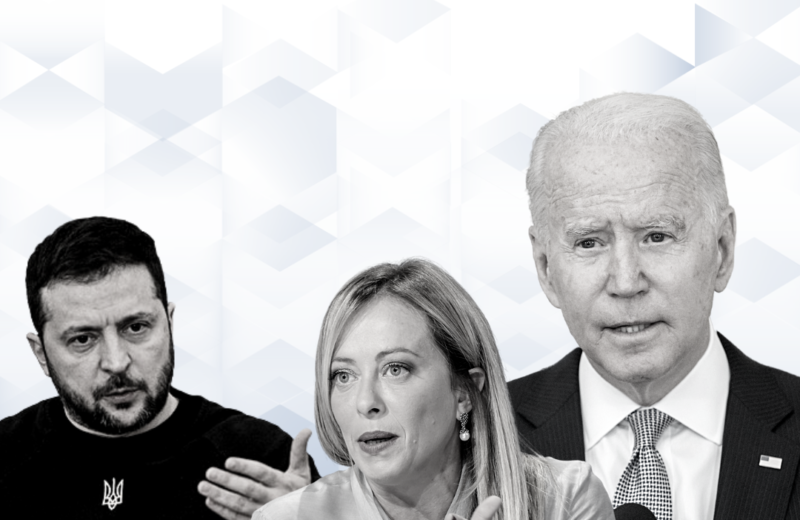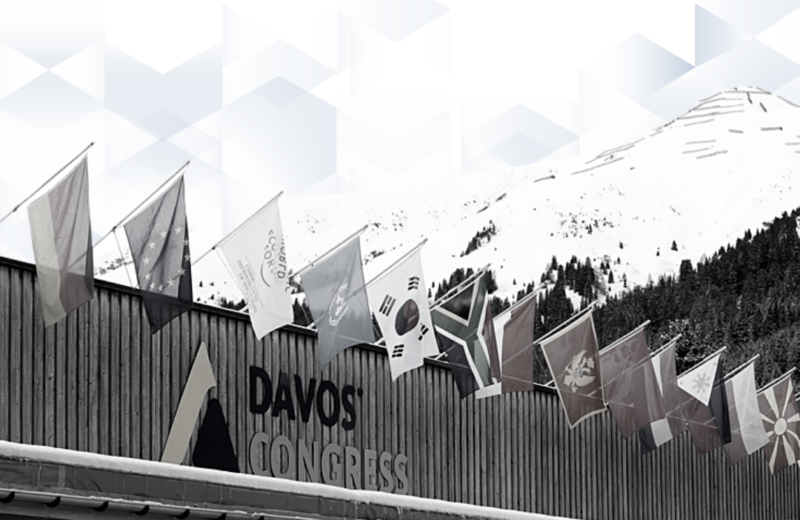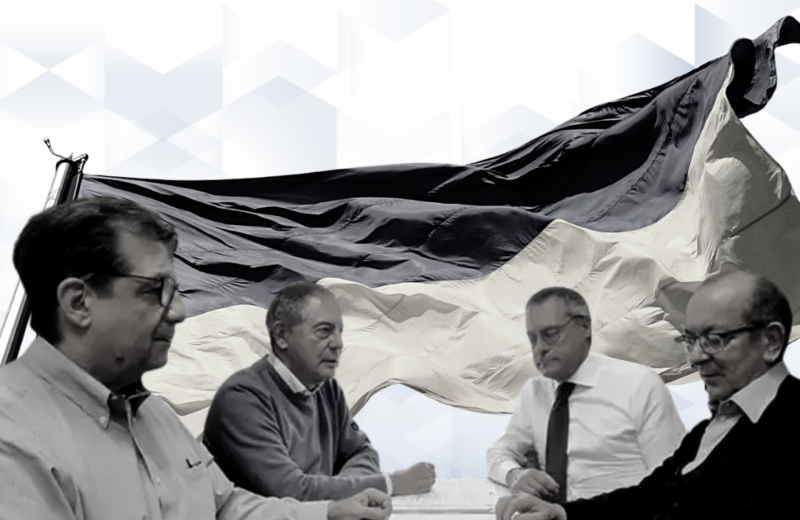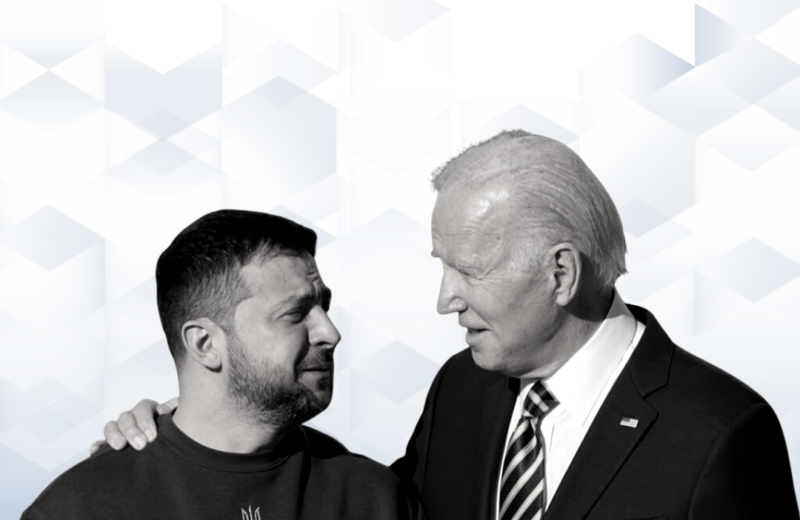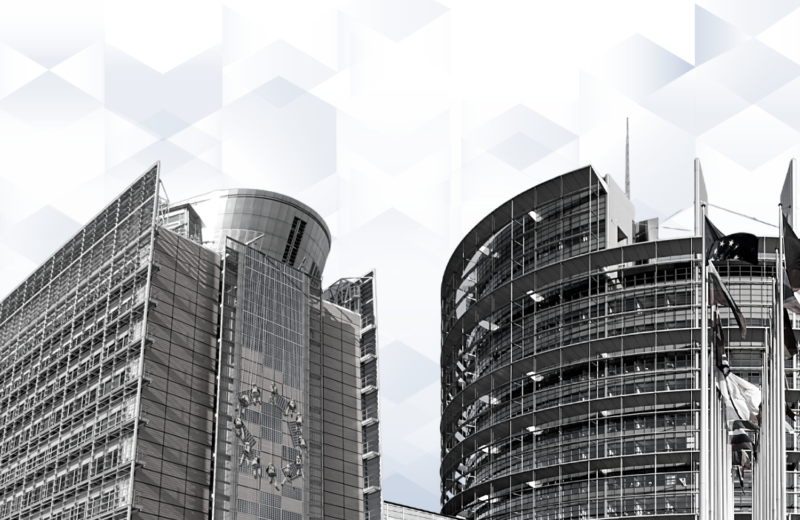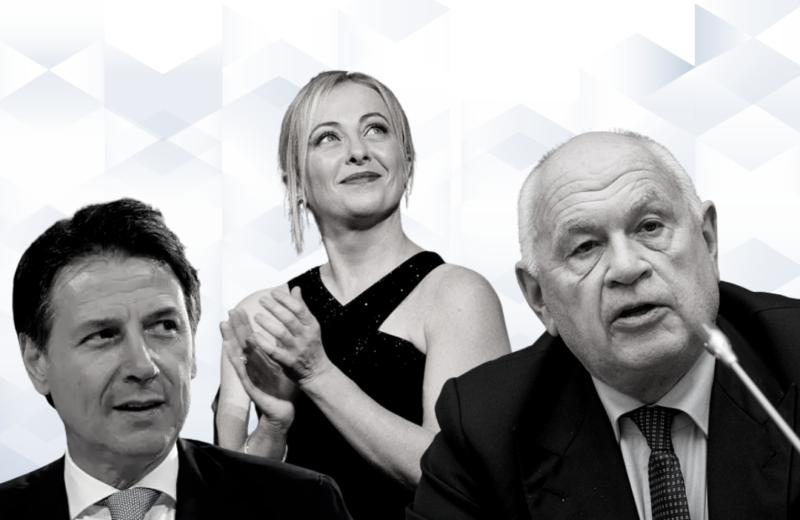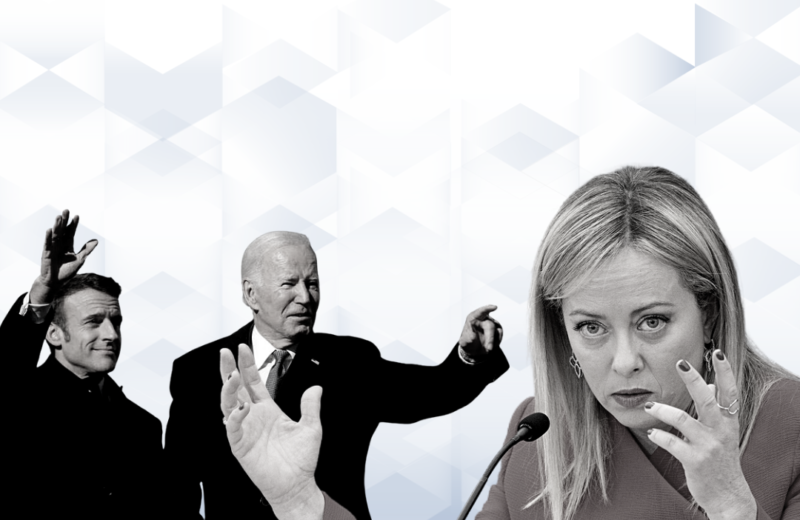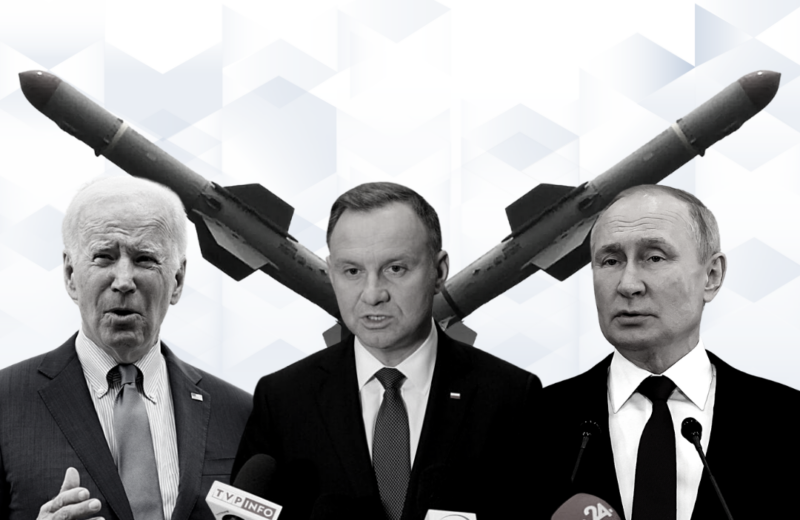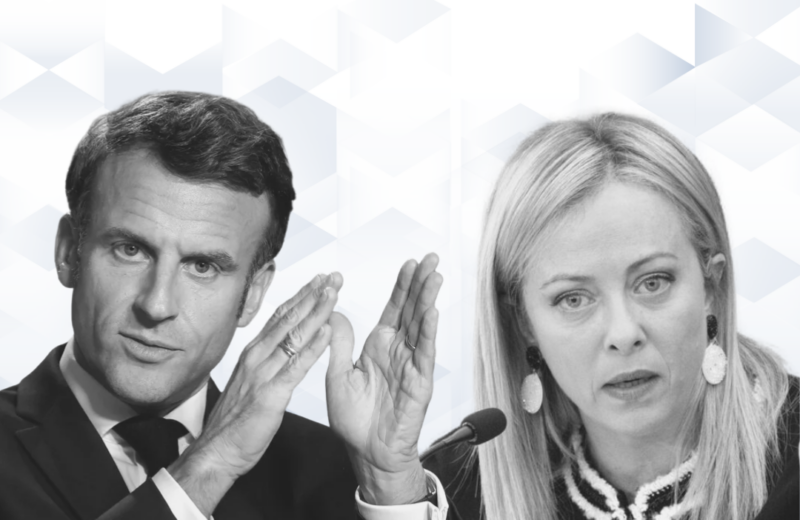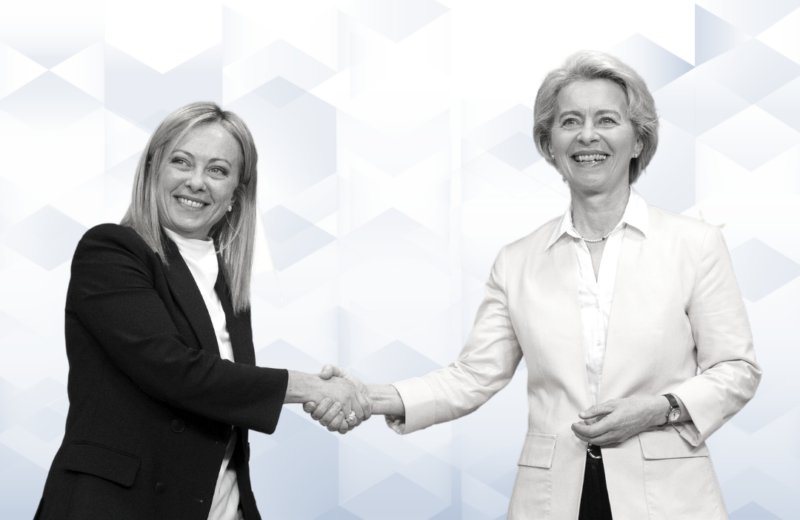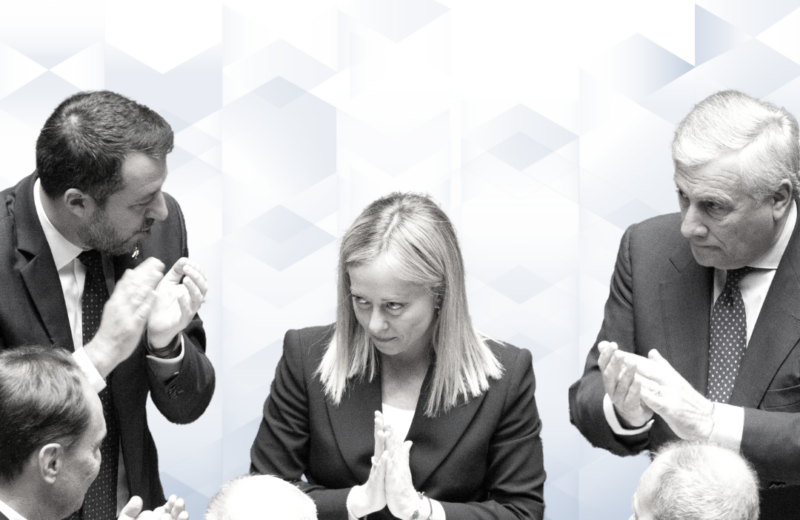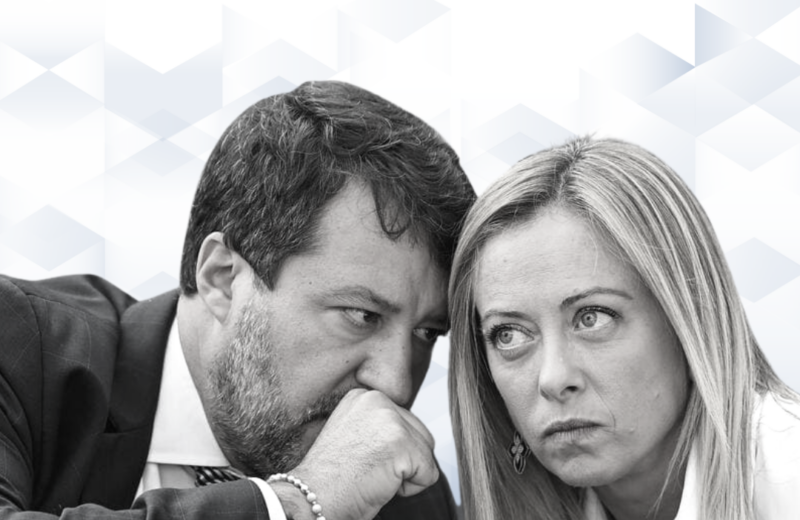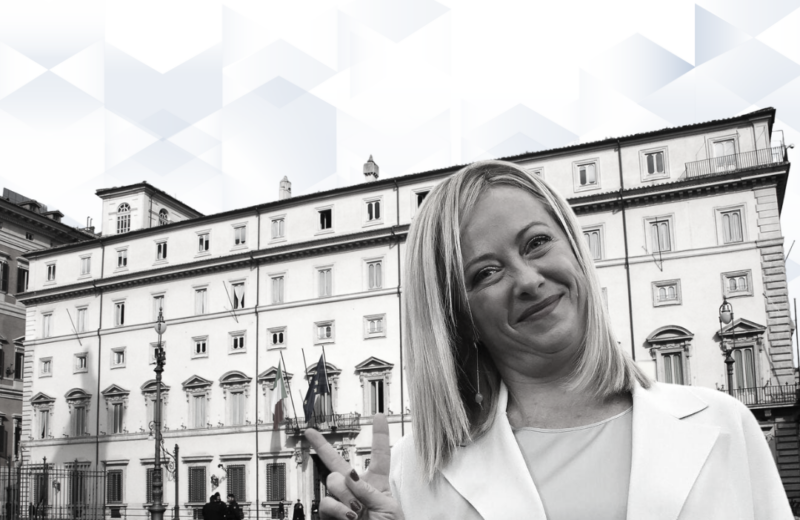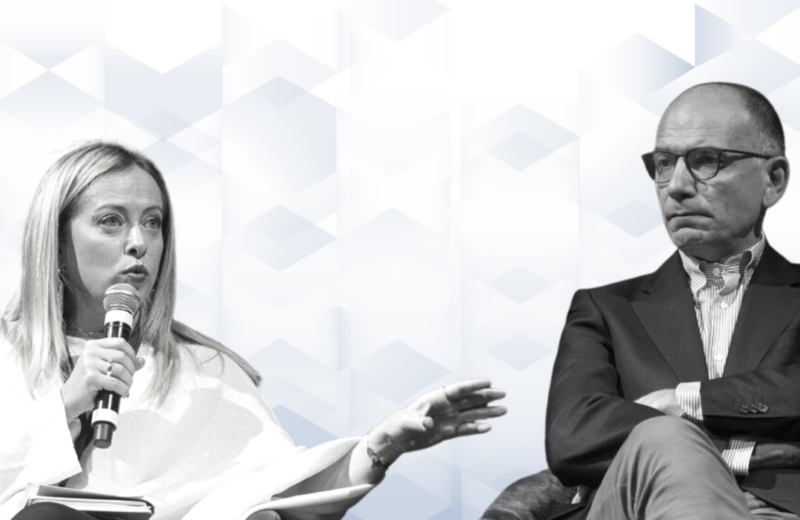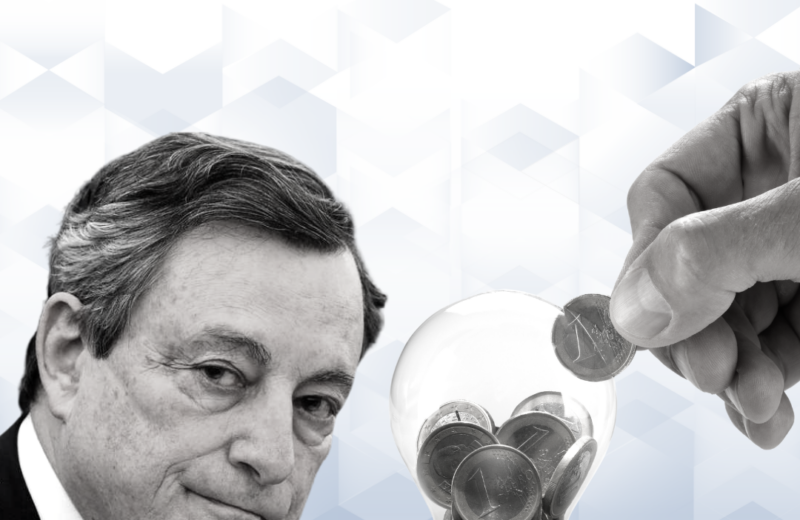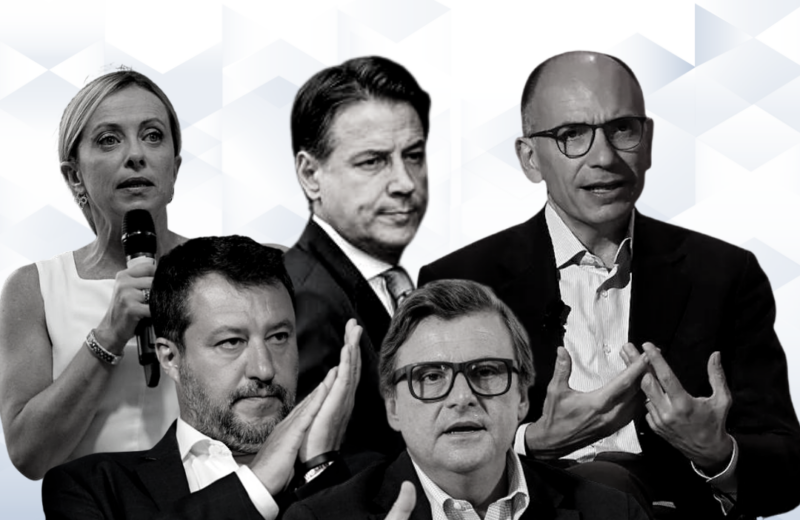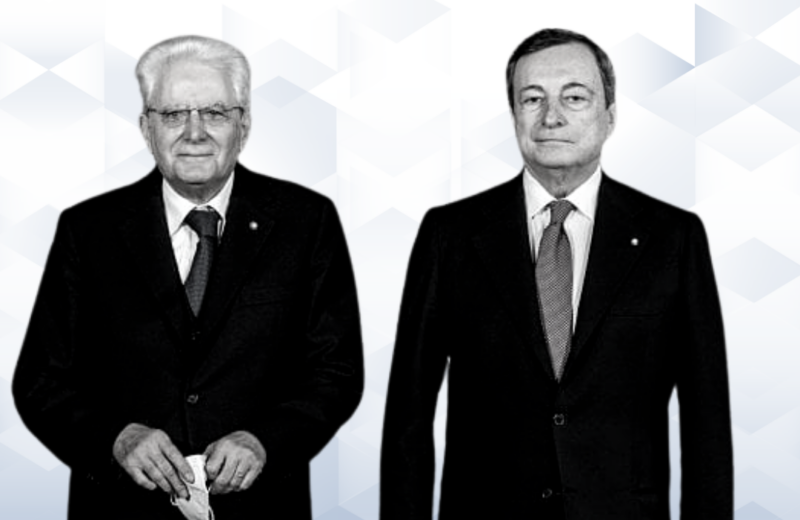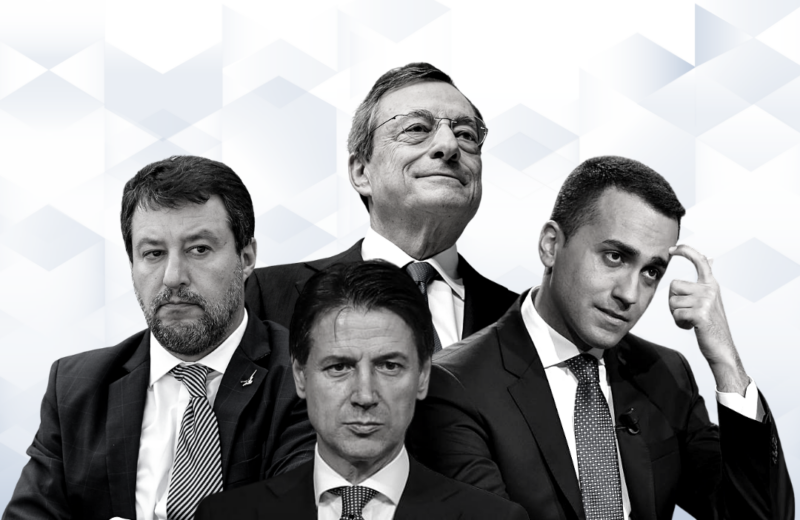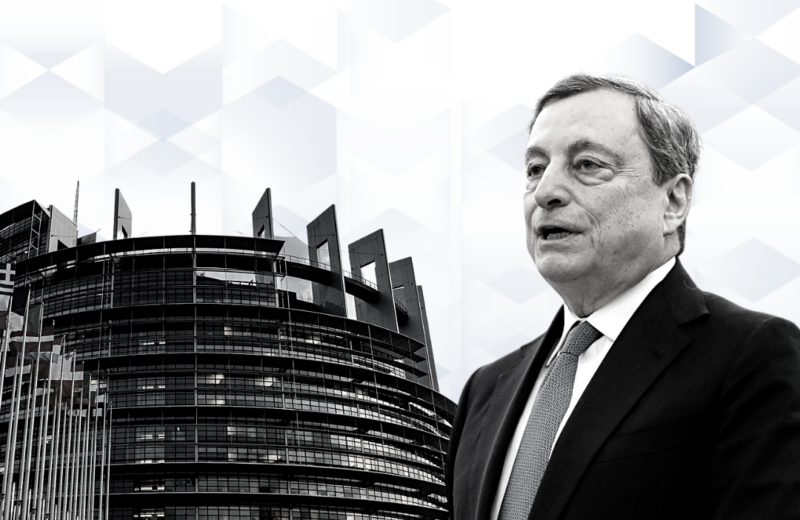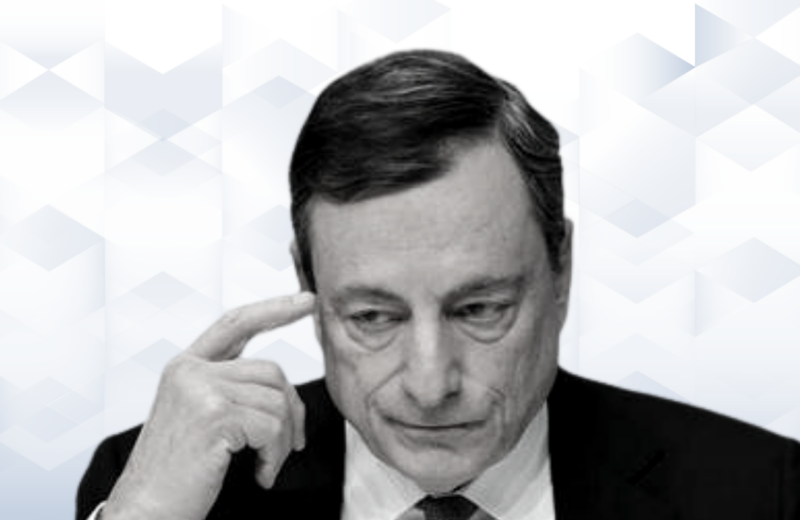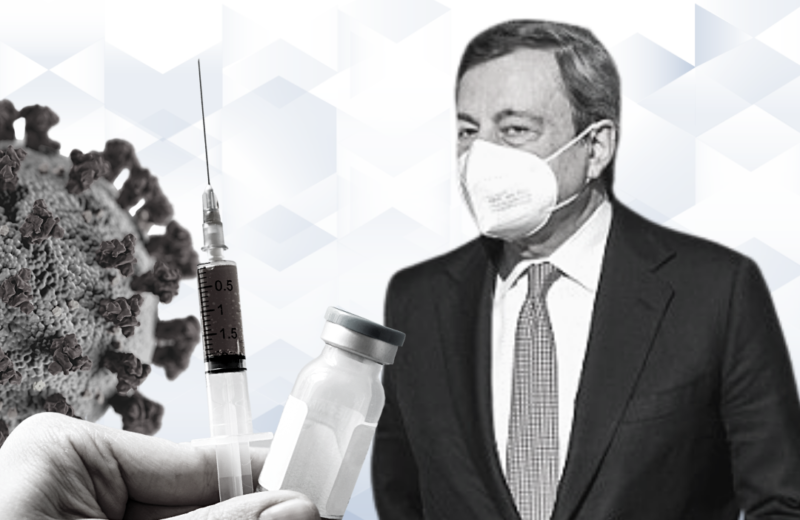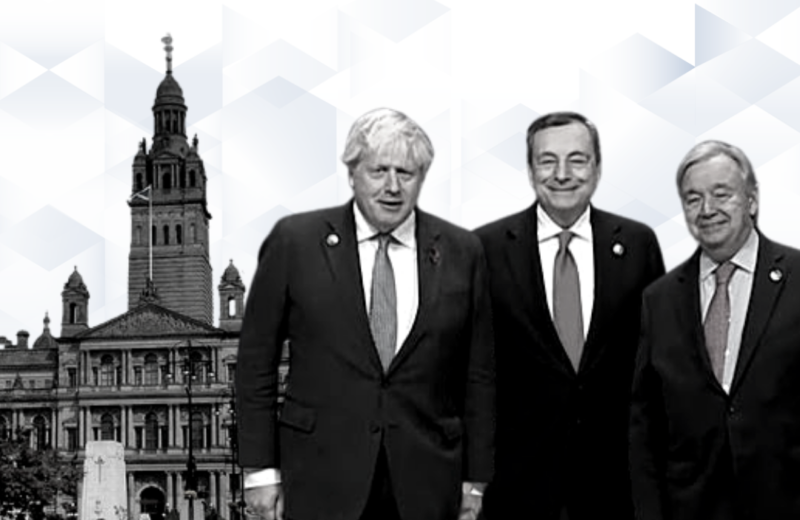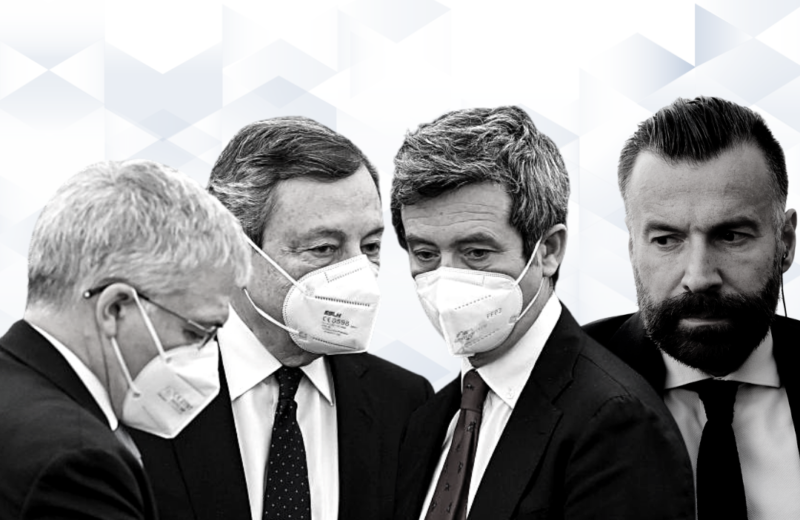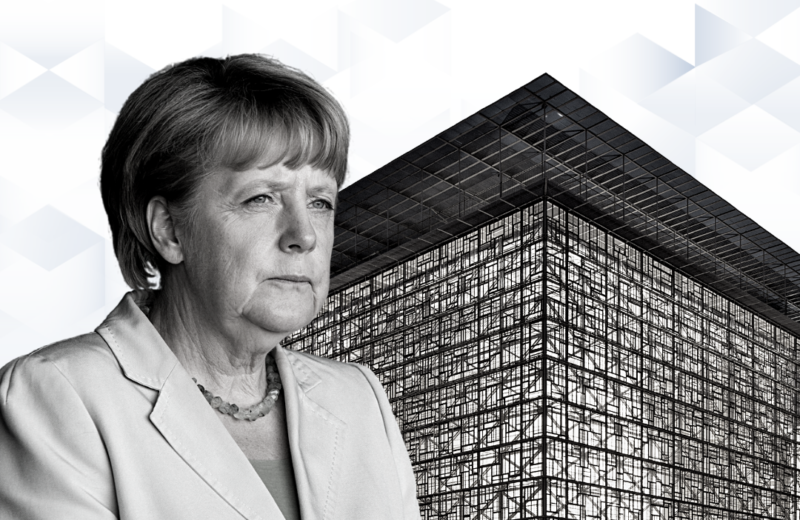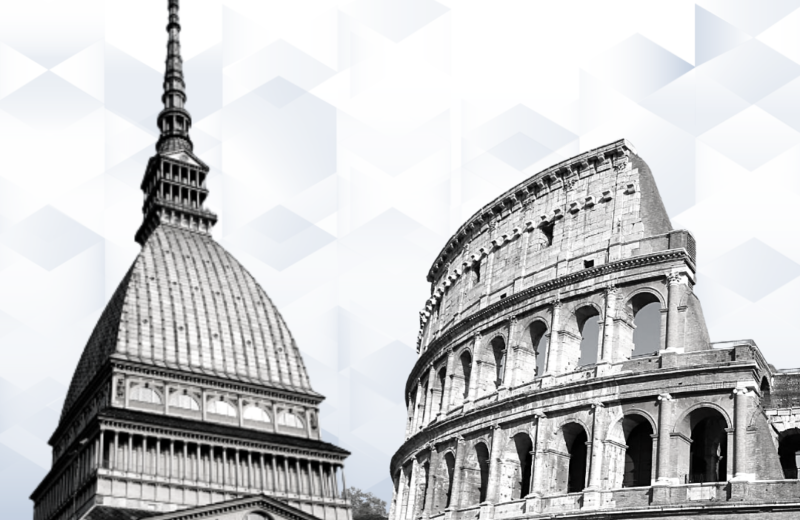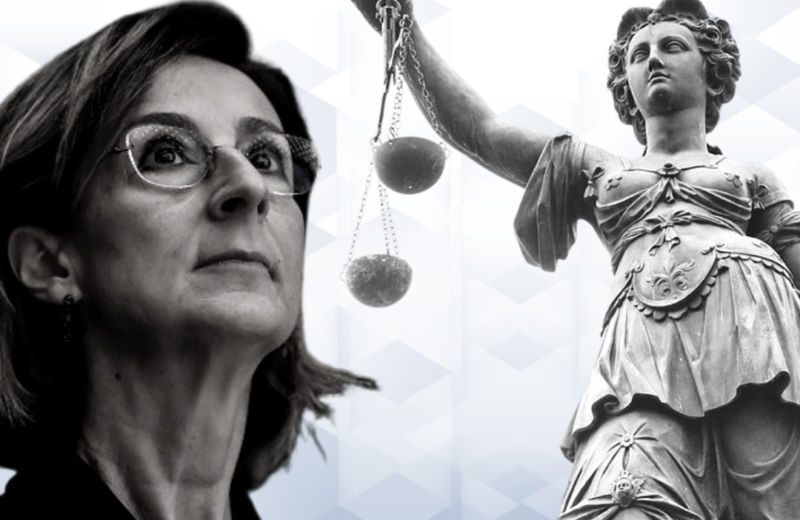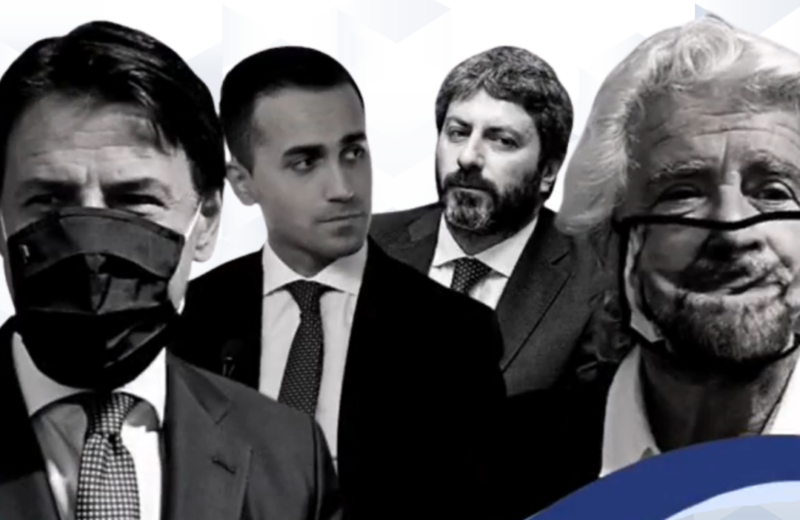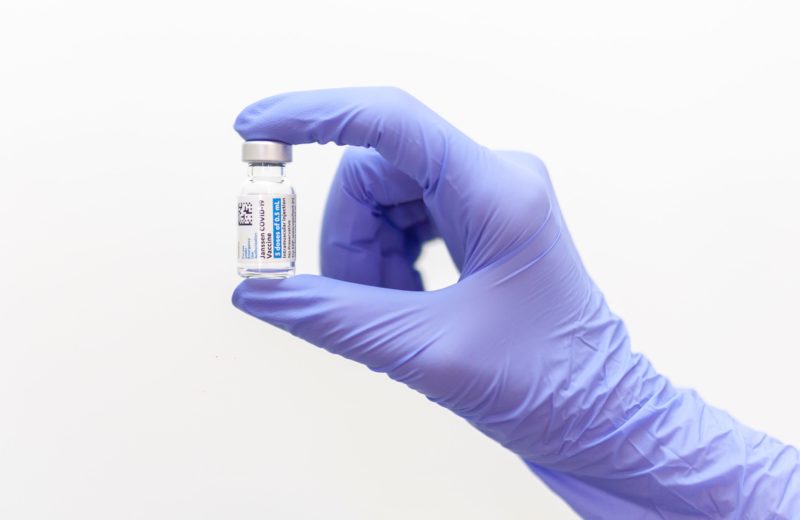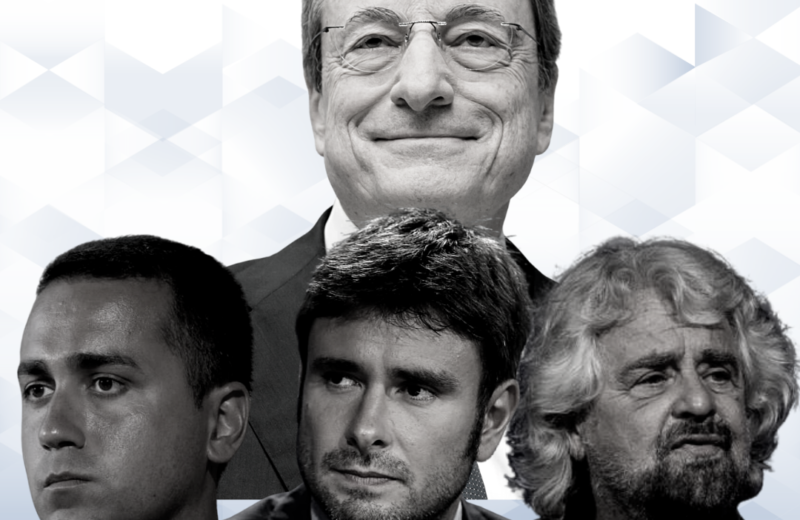Finance law, UE elections and G20, the new government tests
As the political parties begin to line up for the European election campaign, the majority is preparing to face a new important test, which promises to be very difficult this year: the budget law. In the summit with the group leaders, Meloni explained the scenario: the numbers of the Nadef, the Update Note to the Economic and Financial Document, in practice the framework of the next finance law, are still strongly in the balance and must take into account a series of variables. Starting with the level of the deficit, which could rise from 4.5% to 5%, according to a Bloomberg anticipation, with a dragging effect on 2024, with the deficit that could go beyond 3.7%. And with the unknown linked to the Superbonus, which has already reached, according to Enea’s estimates, 86 billion in credits granted.
In short, there is only one strategy: to remain united without showing signs of weakness. How to do this? By convincing the parties to reduce to the maximum the requests already made and which, according to the latest estimates, would be around 35-40 billion euro, against an availability that, also considering the uncertainties on the outcome of the new tax on banks’ extra-profits, would not exceed 6-7 billion euro. For this reason, Meloni insisted on the need for a “serious” budget law that would also give a signal of the country’s reliability on the markets. An invitation, therefore, to avoid insisting on so-called flagship measures and look to the horizon of the legislature. There is time to fulfil election promises.
The substantial compactness of the majority forces has in fact disproved the rumours of divisions that had been spoken of at the beginning of the week after Tajani’s statements on the future of the Treasury’s participation in MPS (“We must accelerate the privatisation of the bank”), which were followed by those of Freni, first, and Giorgetti, then, who diluted the modalities and timing of the Treasury’s exit from the governance of the banking group. A divergence that had led to speculation of a distance between the Lega and the FdI-FI bloc, which was later belied by the facts.
On the foreign front, however, Prime Minister Meloni is preparing to attend the G20 summit in New Delhi, India, this weekend. The discussions at the summit are dominated by strong disagreements over the war in Ukraine, decarbonisation, climate change and the restructuring of the world debt. All this, however, in the shadow of an uncomfortable and notable absentee: in fact, it has been announced in recent days that Chinese President Xi Jinping will not be attending the Summit and will be replaced by his Premier Li Qiang. American President Joe Biden, who is therefore attending the summit with the aim of capitalising on the opportunity to meet and strengthen alliances within the bitterly divided blocs, was particularly disappointed by this decision. Nevertheless, Xi’s absence is likely to diminish the importance of the decisions that will be taken at the head of the meeting and could also damage Indian Prime Minister Narendra Modi’s efforts to use the summit to strengthen India in the international system.
Indeed, this G20 promises to be the most important and eagerly awaited international event hosted in the country. But the Indian government’s efforts to set aside divisions in dealing with these issues and the absence of the Chinese president have so far been fruitless in ministerial meetings.
Just as fruitless was the meeting held on Monday in Sochi between Russian President Putin and Turkish President Erdogan for the renewal of the wheat agreement, which has not been in force since last July. No glimmer of light in what is in fact the first in-person meeting between the two leaders in almost a year. The agreement will not be renewed until the West agrees to the withdrawal of sanctions against Moscow and facilitate the export of Russian products, this is the position from which Putin does not seem to want to move. Despite the failure of the meeting, negotiations are expected to continue: it is likely that Erdogan will soon meet with Ukrainian President Volodymyr Zelensky to find a compromise solution and thus unlock those food resources that are essential for millions of people, especially in Africa and the Middle East.
